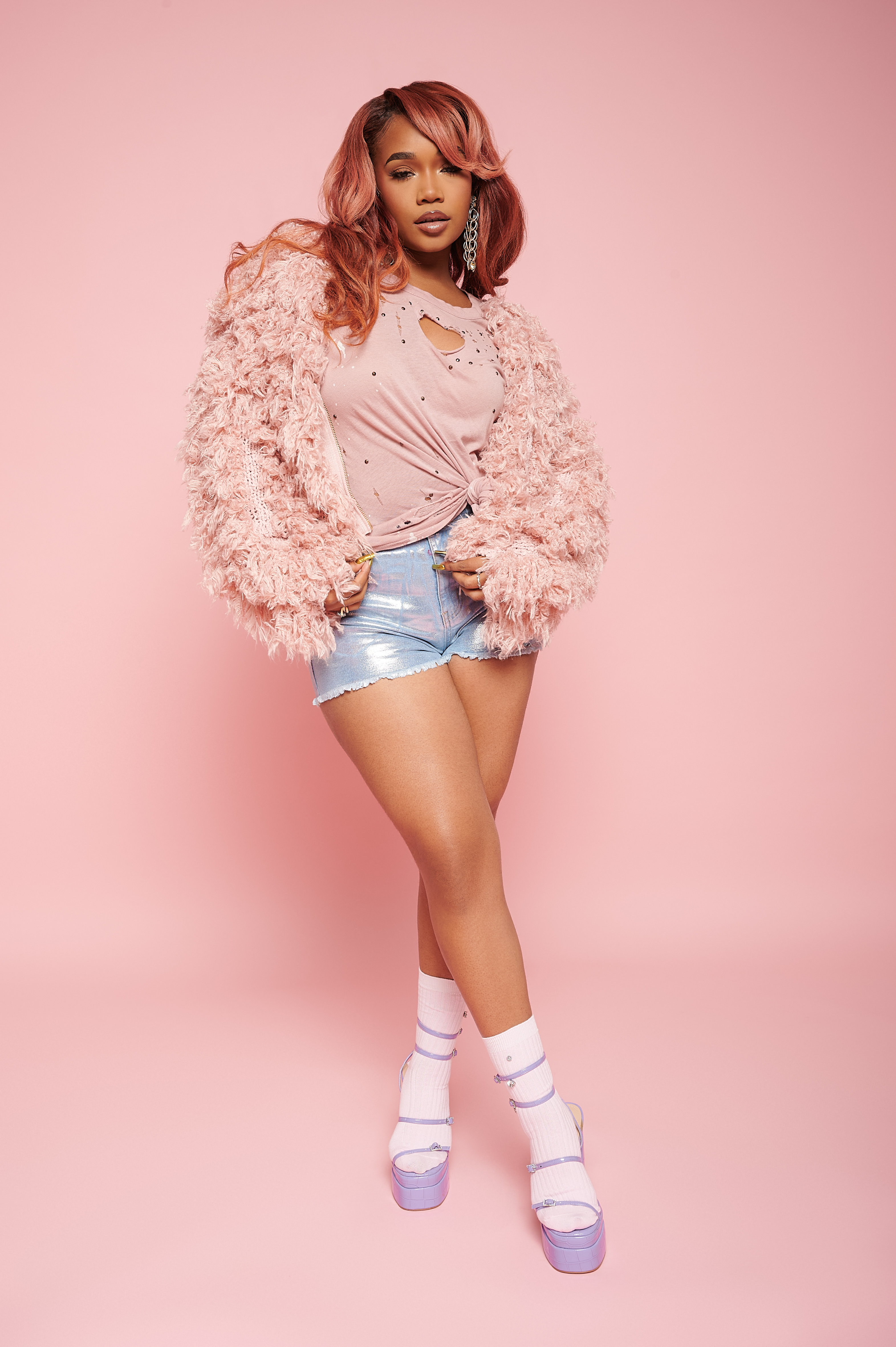Over the past 13 years with Mumford & Sons, Marcus Mumford has rarely done long solo interviews. He prefers the band to function as a group effort when it comes to writing songs and speaking to the press. But he made an exception for our video series The Rolling Stone Interview, which has also featured deep conversations with Sheryl Crow, the Black Keys, and Chris Martin. Relaxed and thoughtful in his studio, Mumford reflects on how he built one of the world’s biggest bands using only acoustic instruments.
The interview took place at Eastcote Studios, a familiar space for Mumford. It’s where he recorded as a drummer for Laura Marling when he was still a teenager. At the time, he was a student at the University of Edinburgh, traveling to London on weekends to perform with Marling, Noah and the Whale, Adele, and others. But he couldn’t stay behind the drum kit forever. “You’re kind of nervous that you might get the guitar passed to you,” he says. “But you also kind of want it to happen. It was constantly that cross between adrenaline and fear. And I still live there.”
Mumford talks about how the band — keyboardist Ben Lovett, bassist Ted Dwane, and banjo player Winston Marshall — discovered their signature sound. Even though they admired artists like Radiohead and Rage Against the Machine, they realized they didn’t need to play loud music to make an impact. “When the four of us opened our mouths together, we liked how it sounded, and leaned into that,” he says. In the early days, his lyrics were heavily influenced by the Bible. “It felt like early on, people wanted to put you in a box: ‘You’re a Christian band.’ It certainly isn’t as simple as that.”
Staying in a band for more than a decade is a real challenge. Marcus compares it to being in a marriage. They share the songwriting, but they also keep each other grounded. “Anyone starts taking themselves too seriously, we cut them down a bit,” he says with a smile. Fame has never been their focus, and Mumford himself has never had a public social media account. “I think it can dupe us into feeling like we’re present and connected, when in fact it can lead to a real isolation,” he says about Instagram. “We’re in danger of being more disconnected when we’re using this placebo drug that makes us think we’re more connected … it just eats away at your head, man.”
He believes the world today feels overwhelming. “It all feels very big,” Mumford says. “I like the idea of small. I like the idea of relational. I mean, I think it’s why we pick the tactile instruments when we first started: the things you could see and touch and feel. I think that’s why we love gigs. Because it’s a moment in time that brings people together for a shared experience. I think real connection and being present feels underrated and undervalued to me, especially in this time we’re in.”
This conversation comes at an interesting point in his career. The band isn’t touring at the moment after spending years on the road following the release of 2018’s Delta. Right now, Mumford is focused on studio work, writing music for an Apple project with his friend Jason Sudeikis and recording vocals for other artists. When asked about the possibility of a solo album, he doesn’t shut the door. “We’ve definitely given each other the blessing to do whatever feels right creatively,” he says. “The idea of co-writes doesn’t scare me at all. It’s quite exciting. It feels like I have a lot of business to do with my instruments and my gear, so I’m excited to lean into that in the next year.”

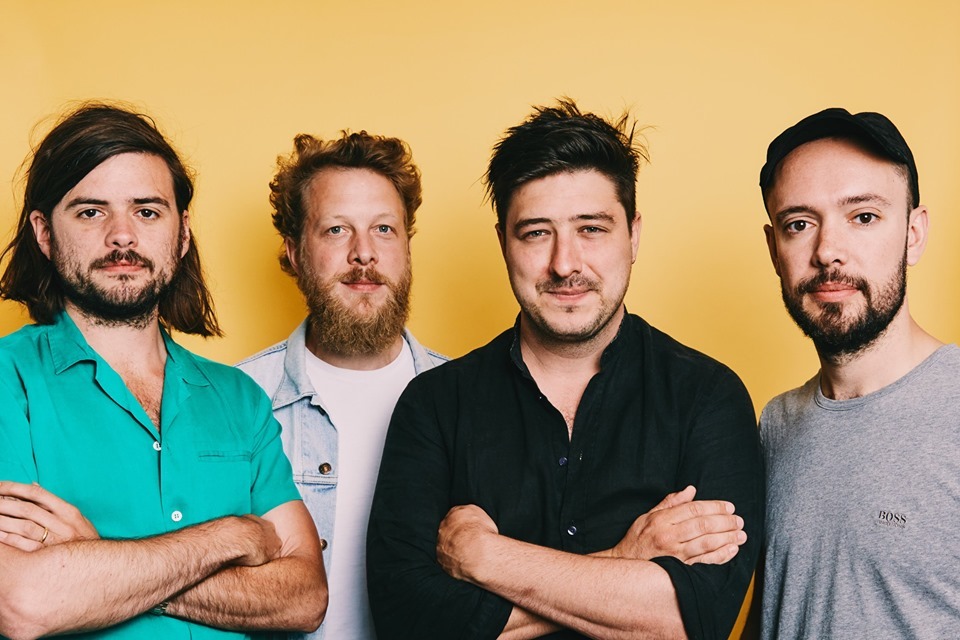
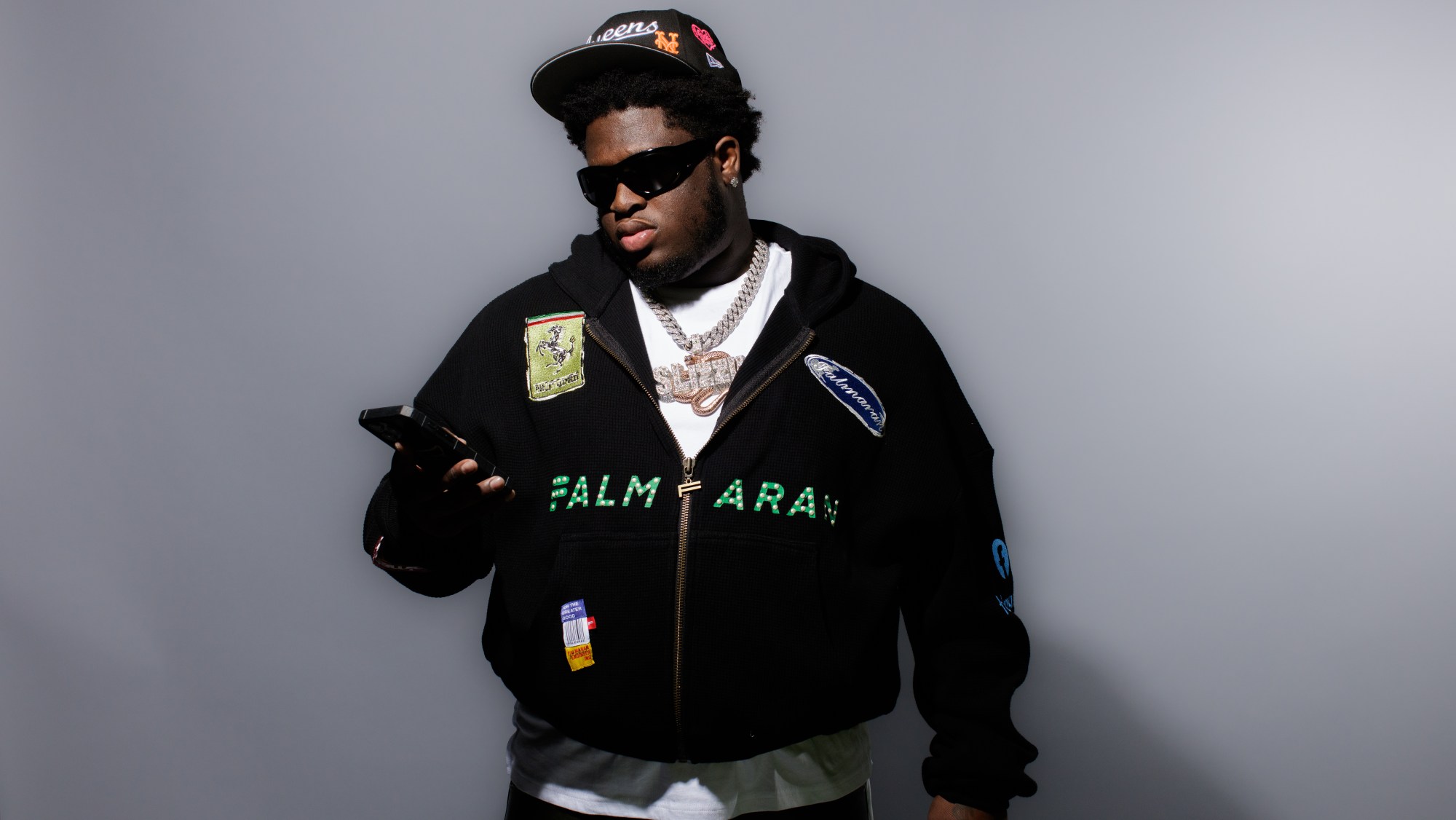
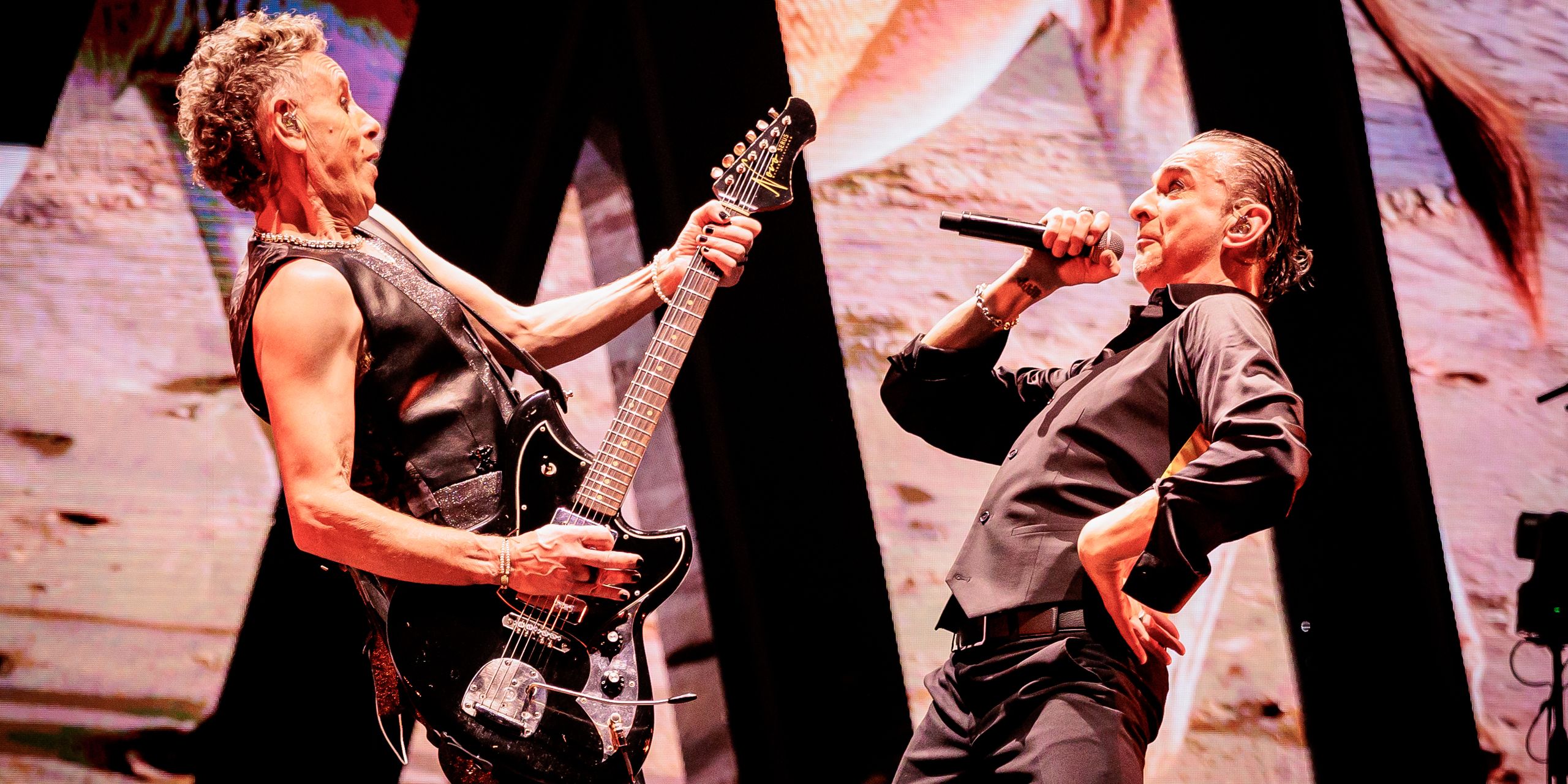
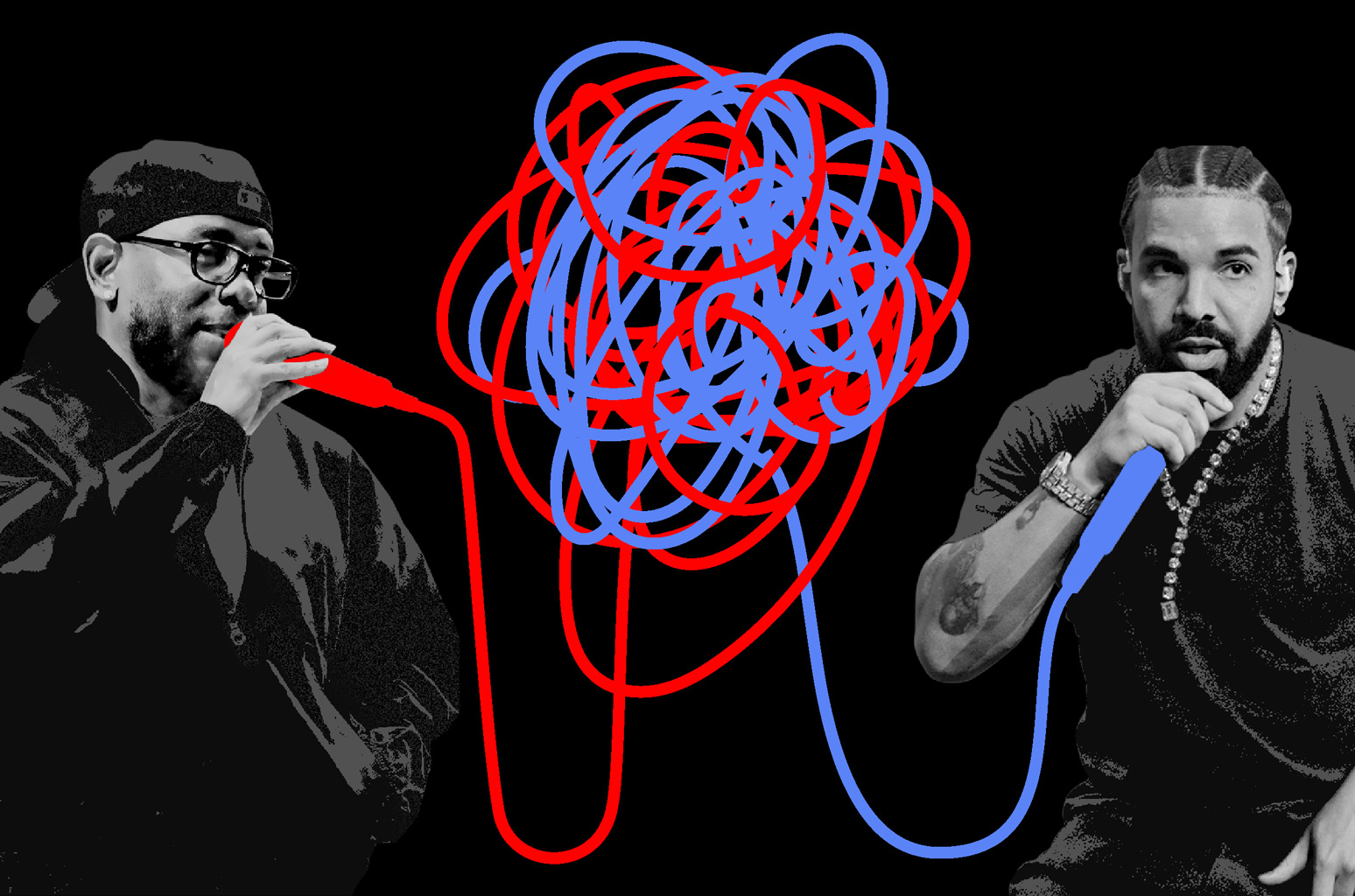
.png)
